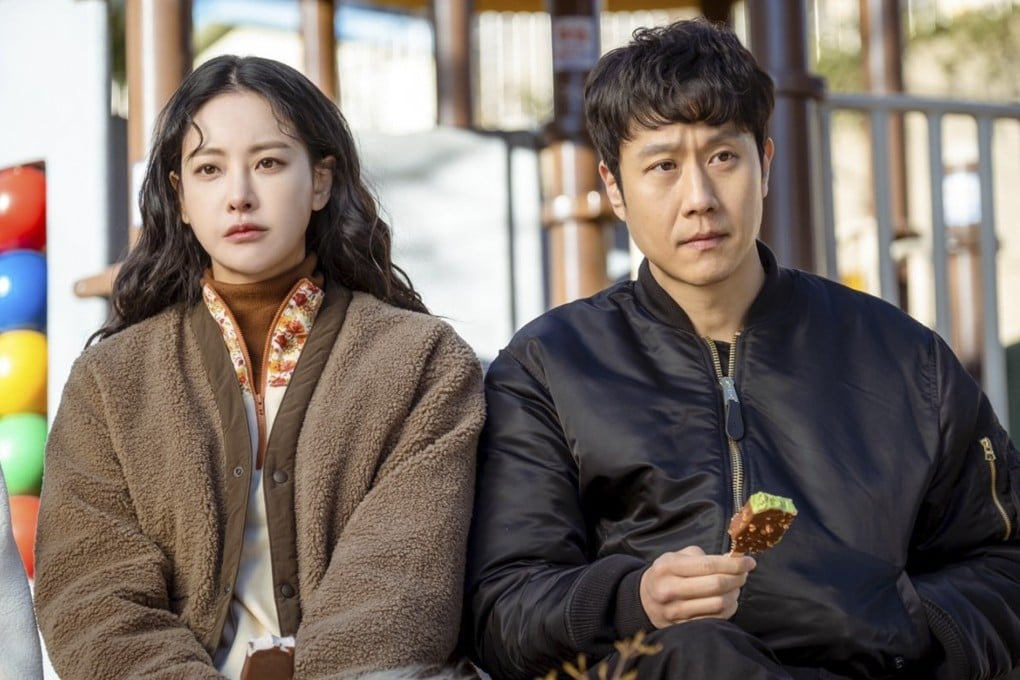What a view | In Netflix K-drama Mad for Each Other the madness of true love is shown warts and all
- Oh Yeon-seo and Jung Woo play two characters who’ve been unlucky in love, and their early encounters do not bode well for the future
- But despite initial anger and wariness towards each other, an unlikely attraction develops between the pair

And now for something completely different; different to many of the ominous familial dramas and romantic sagas emerging from South Korea, anyway.
Mad for Each Other (Netflix, series one now streaming, new episodes weekly) is a madcap romcom that doesn’t shrink from the maddening certainty of mutual attraction – however hard one might fight it – and all the screaming, swearing, misunderstanding and spite that go with the madness of true love.
That said, mad at each other might better describe the position in which Lee Min-kyung (played by Oh Yeon-seo) and Noh Hwi-oh (Jung Woo) find themselves, given the relentless strife that colours their early relationship. Hwi-oh can’t control his temper, to such an extent that he has been dismissed from his job for assault in the pursuit of vengeance. He loses it spectacularly when it rains, when people on public transport speak too loudly on the phone (don’t we all?), when his psychiatrist fails to appreciate the severity of his “post-traumatic embitterment disorder” and when his instant noodles are missing the requisite chilli oil.
Min-kyung, permanently stressed, suffering from obsessive-compulsive disorder and bearing the shame of a break-up that wasn’t necessarily her fault, hides behind sunglasses, even at night, and tries to avoid former friends and colleagues. She cannot, however, avoid a man she believes to be a stalker – and consequently beats up Hwi-oh using her umbrella as a weapon. No wonder Hwi-oh can’t stand rainy days.

Mad for Each Other is an unusual romance with slapstick-comedy characteristics, in which the two main players don’t dare to be happy and can’t bear to remember happier times. Sympathy for their predicament grows as their complicated backstories are uncovered and the full weight of Korean societal condemnation is brought to bear.

